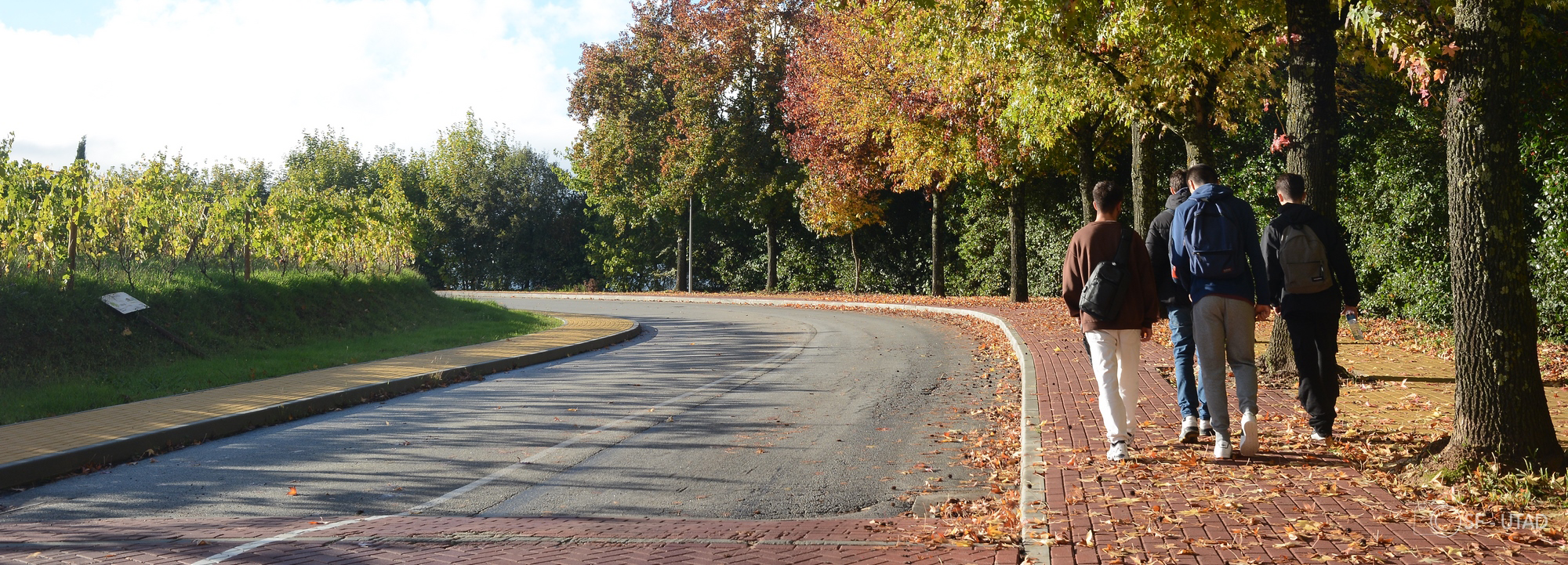Convenors

Simona Cristiano

Fernando Landini

Esmail Karamidehkordi
The AKIS approach plays a vital role in fostering and navigating rural transitions by creating an enabling environment for knowledge exchange and co-creation among farmers, researchers, policymakers, and other stakeholders, guided by multi-actor, multi-sectoral, and multi-level perspectives. This empowers rural communities by combining local knowledge with scientific advancements and integrating technological innovations with social dimensions, enabling them to address complex challenges and foster sustainable, socially inclusive, and locally relevant rural and agrifood transformations.
- How long Strategies, research, institutions, and policies for strengthening AKIS are set to support navigating rural and agrifood transitions and co-constructing liveable futures? Contributions focus on how strategies, policies, governance structures, and institutional arrangements embed mission-oriented, systems-based, multi-sectoral, multi-actor, and multi-level perspectives and enable responsiveness, adaptation, and transition towards more sustainable agri-food and socio-ecological systems in rural areas, by ensuring inclusiveness and responsiveness to local contexts and needs.
- How multi-sectoral, multi-actor, and multi-level perspectives are influencing the organization of roles and functions of the different actors and their interactions with rural and the agrifood systems? Contributions aim at identifying the diversity of the key actors and how these, at different levels of the AKIS, are influencing their functioning towards more sustainable agri-food and socio-ecological systems in rural areas.
- How long does AKIS functioning, through knowledge flows and innovation processes, enable fostering and navigating rural and the agrifood transitions towards more sustainable agri-food and socio-ecological systems in rural areas? Contributions focus on identifying the types, approaches, and tools of knowledge flows characterizing AKIS, along with their conditionalities, models, and effectiveness in fostering user-centered co-creation processes. This includes exploring how these processes combine, by which methods and tools, scientific, technical and tacit knowledge to address practical challenges and problems of the AKIS. Moreover, interconnections between AKIS within and across countries, especially between the global North and South, are investigated to explore how they are due to strengthen the functioning of the AKIS in view of more effective and resilient agricultural systems globally. Macro and micro level system failures, weaknesses and strengths of AKIS are also explored within this topic.
- How long the system capacities within the AKIS support navigating transitions of agri-food and socio-ecological systems in rural areas: Contributions explore frameworks, methods, and tools to define and assess system capacities that foster transformational pathways towards more sustainable agri-food systems, including the assessment of needs and the alignment with capacity-building offerings.
- How long does the long the AKIS approach address the barriers, challenges and incentives to engage in transitions of rural and agrifood systems? Contributions identify the challenges and barriers faced by multiple actors, particularly farmers, advisors, and researchers, in truly engaging in inclusive, collaborative, multi-actor, and multi-stakeholder knowledge flows and innovations for more sustainable agri-food and liveable rural systems.
- How Monitoring, Evaluation, and Learning frameworks and practices on AKIS can help tracking and navigating rural transitions? Contributions focus on methods for tracking and evaluating the structural, functional, and transformative aspects of systemic change within AKIS, including learning pathways. This also includes the evaluation of supporting strategies of AKIS, innovation processes, and their effects in terms of fostering sustainable agrifood transitions. Additionally, the assessment of the performance of AKIS actors, including advisory and innovation support services, as well as research impact pathway frameworks, is part of this topic.

